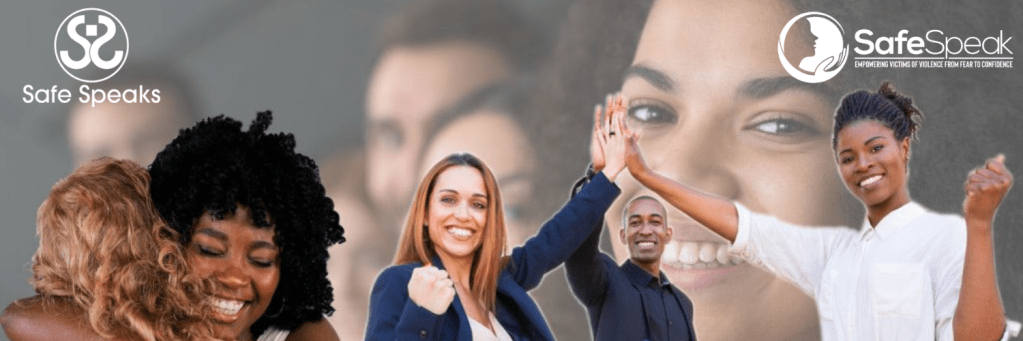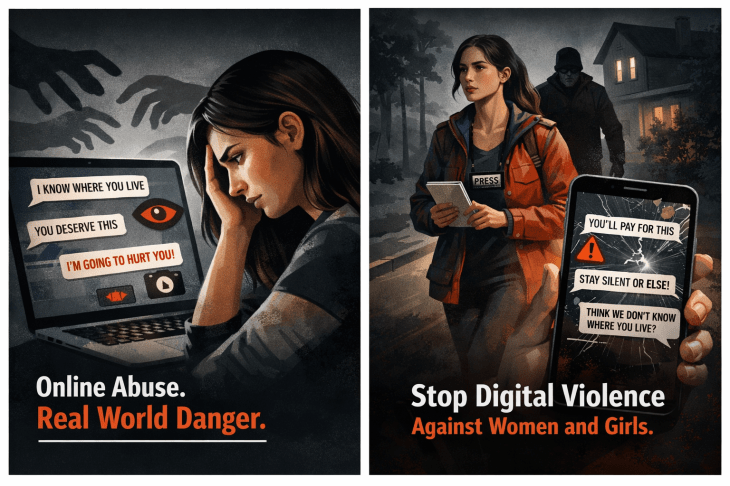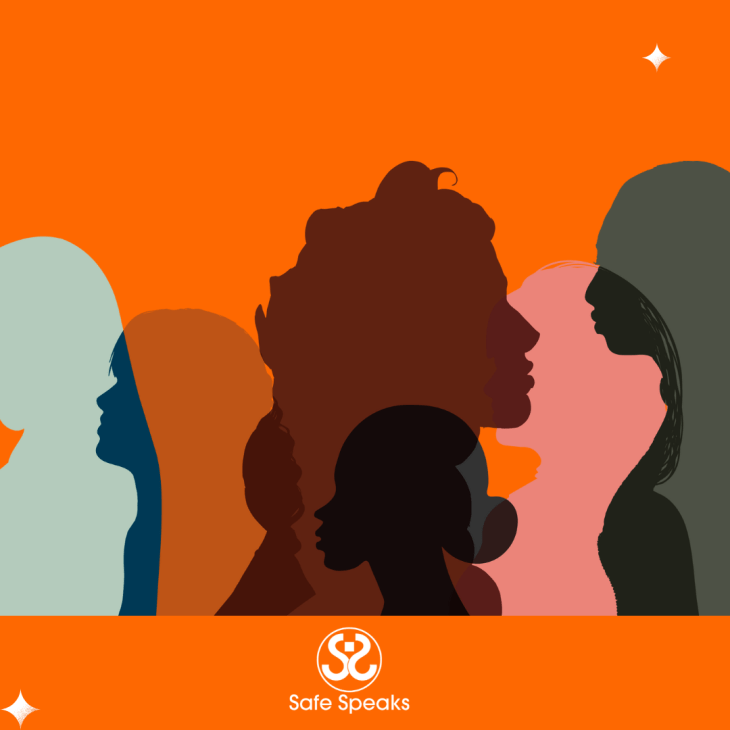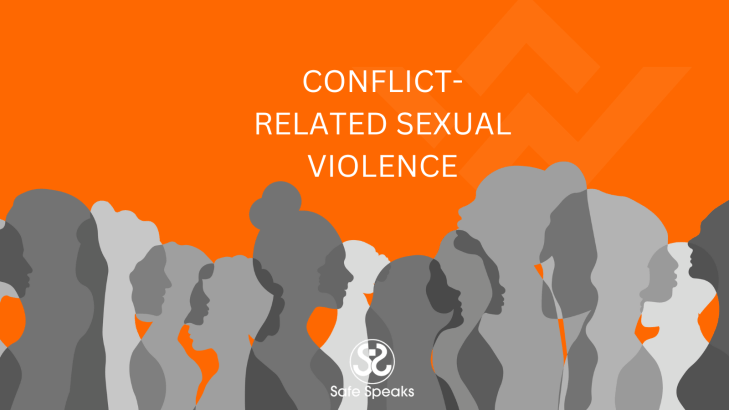Home

About Us
We are a global movement for gender based violence awareness, advocacy, empowerment and healing.
Highlights
Resources
Helplines
Free hotlines/helplines for gender based violence support.
Videos
Short clips and videos on gender based violence.
Events
Latest webinars and campaigns on gender based violence.
Subscribe
Sign up to get the latest news and updates delivered straight to your inbox.



